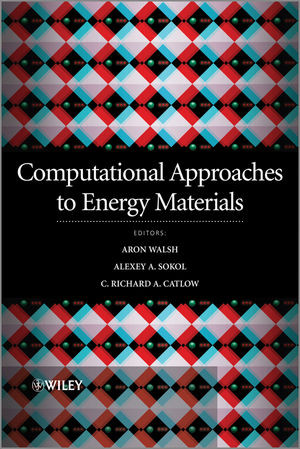

Most ebook files are in PDF format, so you can easily read them using various software such as Foxit Reader or directly on the Google Chrome browser.
Some ebook files are released by publishers in other formats such as .awz, .mobi, .epub, .fb2, etc. You may need to install specific software to read these formats on mobile/PC, such as Calibre.
Please read the tutorial at this link: https://ebookbell.com/faq
We offer FREE conversion to the popular formats you request; however, this may take some time. Therefore, right after payment, please email us, and we will try to provide the service as quickly as possible.
For some exceptional file formats or broken links (if any), please refrain from opening any disputes. Instead, email us first, and we will try to assist within a maximum of 6 hours.
EbookBell Team

4.8
34 reviewsThe development of materials for clean and efficient energy generation and storage is one of the most rapidly developing, multi-disciplinary areas of contemporary science, driven primarily by concerns over global warming, diminishing fossil-fuel reserves, the need for energy security, and increasing consumer demand for portable electronics. Computational methods are now an integral and indispensable part of the materials characterisation and development process.
Computational Approaches to Energy Materials presents a detailed survey of current computational techniques for the development and optimization of energy materials, outlining their strengths, limitations, and future applications. The review of techniques includes current methodologies based on electronic structure, interatomic potential and hybrid methods. The methodological components are integrated into a comprehensive survey of applications, addressing the major themes in energy research.
Topics covered include:
• Introduction to computational methods and approaches
• Modelling materials for energy generation applications: solar energy and nuclear energy
• Modelling materials for storage applications: batteries and hydrogen
• Modelling materials for energy conversion applications: fuel cells, heterogeneous catalysis and solid-state lighting
• Nanostructures for energy applications
This full colour text is an accessible introduction for newcomers to the field, and a valuable reference source for experienced researchers working on computational techniques and their application to energy materials.
Content: